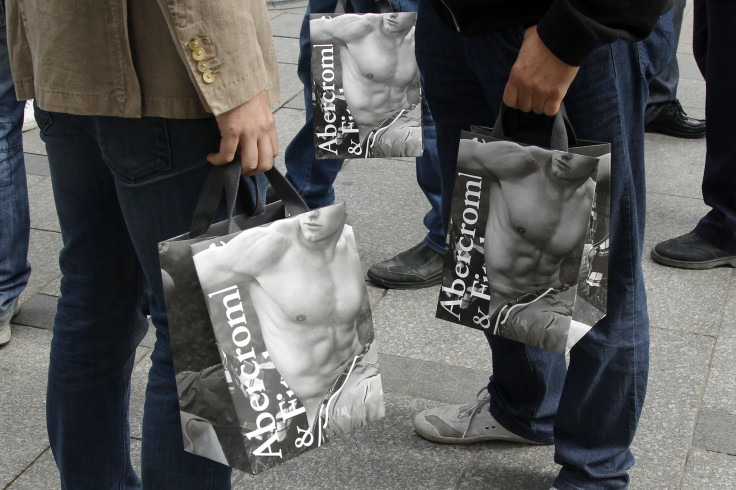Mike Jeffries Says Abercrombie Doesn't Sell Clothes To Fat People, But Does It Really Matter?

Let's be honest: Does it really matter that Abercrombie & Fitch CEO Mike Jeffries doesn’t want fat people shopping in his retail clothing stores? The answer is a resounding "no."
Abercrombie & Fitch (NYSE: ANF), like every other business in the United States, started out with an idea. That idea, which still holds true long after the company’s conception in 1892, was to make clothing for a core brand of consumers that can be best described as cool, sexy and young -- a pretty good idea.
In a 2006 interview with Salon, Jeffries said his business was built around sex appeal.
“It’s almost everything. That’s why we hire good-looking people in our stores. Because good-looking people attract other good-looking people, and we want to market to cool, good-looking people. We don’t market to anyone other than that,” Jeffries said.
Jeffries also said he wasn't bothered by excluding some customers.
“In every school there are the cool and popular kids, and then there are the not-so-cool kids,” he said. “Candidly, we go after the cool kids. We go after the attractive all-American kid with a great attitude and a lot of friends. A lot of people don’t belong [in our clothes], and they can’t belong. Are we exclusionary? Absolutely."
Despite the fire he's been getting for discriminating against overweight customers, Jeffries isn't doing anything wrong. Essentially, Jefferies’ business-savvy attitude is saying what some of the most successful industries in the world say, in one way or another, on a daily basis.
Try being a 60-year-old, grey-haired man and walking up to the door of New York City’s hottest nightclub on a Saturday night and see if you get in. The answer is most definitely no. Try being a 50-pounds-overweight, 29-year-old woman approaching the entrance of Las Vegas’ hottest pool party on a blistering Saturday afternoon and see if you get in. The answer is most definitely no.
It’s called a target market, people. These are million-dollar businesses in billion-dollar industries and people like Jeffries don't care if they hurt your feelings. And they shouldn't care.
A&F’s longtime CEO has stood his ground when it comes to policy on who he sells to and who he hires, and at the end of the day, in terms of building shareholder value, his stock is rising.
Jeffries, who has been Abercrombie's CEO since 1992, has overseen the company's rise from an obscure, recently bankrupt clothing label to an international phenomenon with more than $4.2 billion in annual revenues.
Along the way, he has become one of the highest-paid CEOs in the world, earning more than $30 million a year between 2004 and 2007. In 2008, he took home $72 million; in 2009, $36.3 million; in 2010, $38.5 million; and in 2011, $48.1 million. That adds up to $315 million in salary and other compensation in just under a decade.
So next time you think it matters that your local Abercrombie doesn’t sell an XXL-sized bikini in that color you absolutely have to have, you'd better start looking for a different bikini, because sex sells, baby, and you’re holding up the line.
© Copyright IBTimes 2024. All rights reserved.












